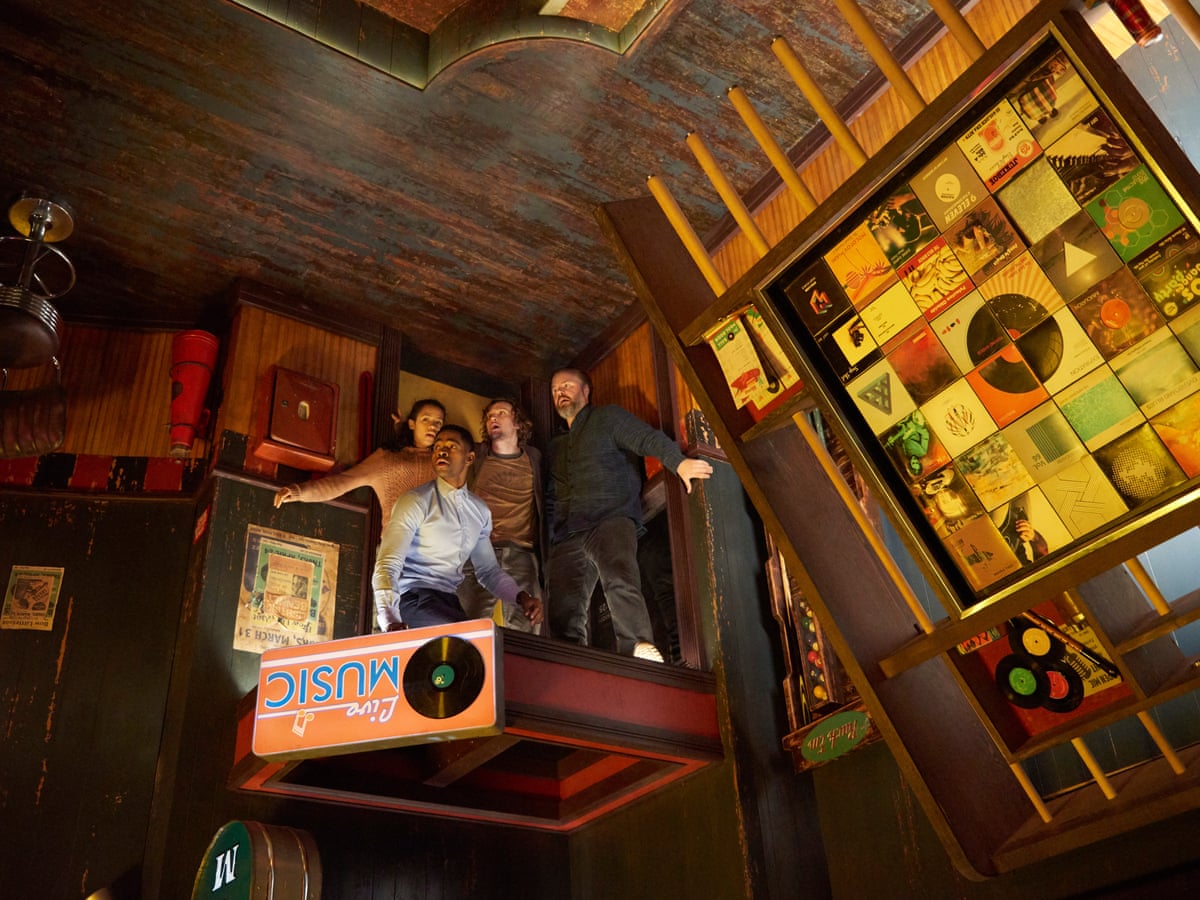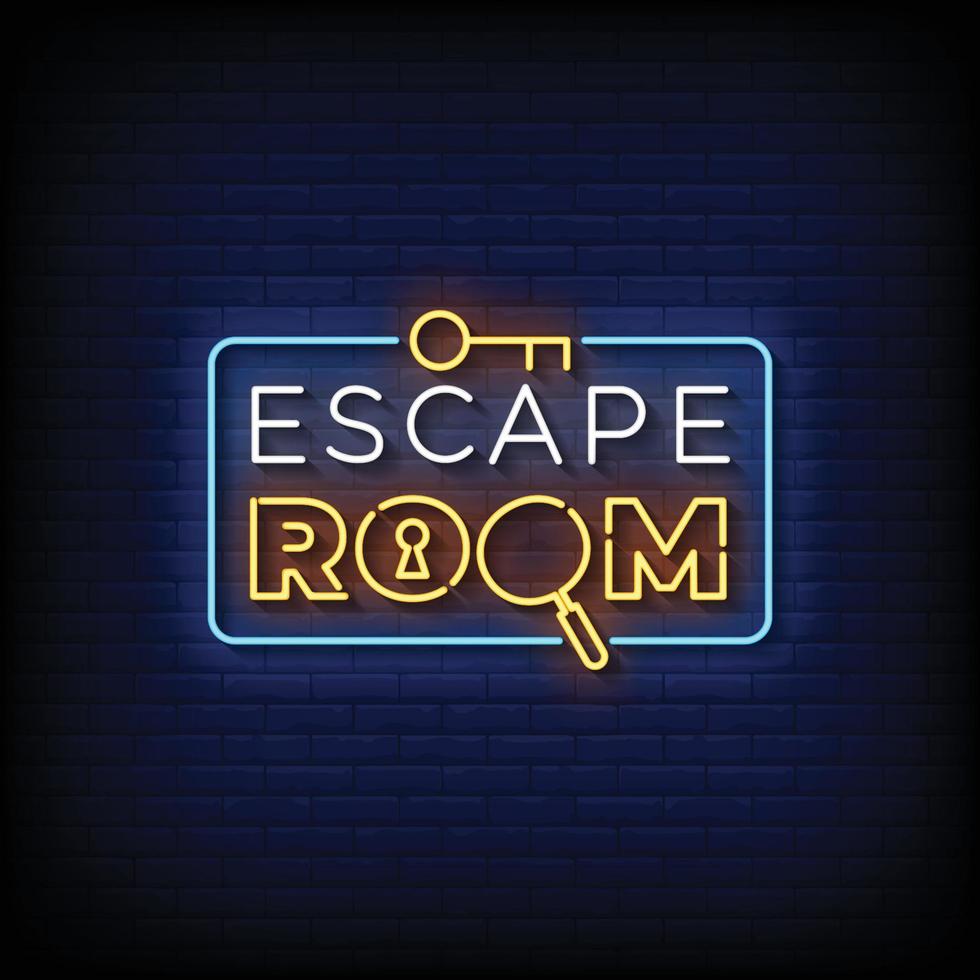Opening the Educational Perks of Escape Room Difficulties
Including escape area difficulties right into educational frameworks provides an one-of-a-kind possibility to improve vital thinking, advertise team effort, and create analytical abilities among pupils. These appealing tasks mimic real-world circumstances, fostering a setting of active discovering where theoretical ideas change into practical applications. By merging entertainment with education and learning, retreat rooms not only improve pupil engagement however additionally prepare them for future challenges, needing strength and cooperation. As we explore the diverse advantages of this cutting-edge approach, one should think about just how these immersive experiences can improve typical knowing paradigms. What additional capacity does this technique hold for the scholastic world?
Enhancing Vital Believing
Getaway area difficulties function as a engaging and dynamic device for enhancing essential thinking skills. These immersive experiences call for participants to fix a collection of puzzles and riddles within a set duration, cultivating an atmosphere where cognitive abilities are carefully tested and developed. The nature of escape rooms requires a methodical strategy to analytic, encouraging people to assess info seriously, recognize patterns, and attract sensible final thoughts.
Individuals in retreat room obstacles are frequently confronted with complex issues that need cutting-edge services, consequently advertising association of ideas. This type of reasoning is essential for identifying connections in between apparently unrelated concepts and for producing innovative remedies. Additionally, the pressure of a ticking clock adds a component of seriousness, pressing individuals to think both rapidly and precisely.
Additionally, retreat area obstacles often incorporate a variety of puzzles that appeal to different cognitive strengths, such as logical reasoning, spatial awareness, and mathematical skills. This diversity ensures that individuals exercise a wide variety of psychological faculties, which is key to comprehensive cognitive growth. Essentially, retreat areas develop a revitalizing atmosphere that not only captivates but also grows crucial important assuming capabilities, making them a useful academic tool.
Supporting Team Effort
Collaborating properly is a crucial part of success in getaway room obstacles, as these activities inherently require partnership amongst individuals. The structured setting of an escape room demands that individuals merge their diverse abilities, understanding, and perspectives to address complicated problems within a restricted timeframe. This collective approach cultivates an understanding of the significance of each staff member's payments, thus boosting interpersonal abilities and mutual regard.
In an instructional context, retreat spaces work as a vibrant platform for advertising team effort amongst students. By participating in these challenges, trainees find out to communicate better, delegate jobs based upon individual toughness, and assistance one another under stress - escape room orlando fl. These experiences convert into enhanced team characteristics in class settings, where cooperative discovering is essential for academic success
Additionally, the interactive and immersive nature of escape rooms supplies a functional, hands-on experience that enhances academic concepts associated with team effort. It enables individuals to exercise and improve essential soft skills, such as leadership, active listening, and conflict resolution. Consequently, getaway space challenges not only make discovering satisfying yet additionally prepare pupils for future real-world circumstances where synergy is vital.
Creating Problem-Solving Abilities
Creating analytical abilities via escape room challenges uses a one-of-a-kind and interesting technique for refining important assuming capabilities. These interactive atmospheres present participants with a collection of complex challenges and situations that require innovative and logical methods to solve. By browsing these difficulties, individuals are compelled to think outside the box, adjust swiftly to new details, and use rational thinking in real-time.

The hands-on nature of getaway room difficulties cultivates a feeling of urgency and excitement, which can substantially boost pupil motivation. When students are involved in a storyline that needs them to fix challenges and overcome barriers, they are more probable to invest effort and enthusiasm right into the knowing jobs. This enhanced engagement can cause deeper understanding and retention of the material, as pupils are required to apply their expertise in real-time scenarios.
In addition, the collaborative element of retreat rooms advertises synergy and communication skills. Pupils must interact, share concepts, and leverage each other's staminas to do well. This not just increases private interaction yet additionally builds a cohesive discovering area. Integrating escape room difficulties into academic settings can be a powerful technique to elevate student engagement and drive academic achievement.
Verdict

Incorporating getaway area obstacles into academic structures offers a special possibility to boost vital reasoning, advertise synergy, and develop analytical skills amongst pupils. As an outcome, escape room challenges not only make discovering satisfying yet additionally prepare pupils for future real-world scenarios where teamwork is important.
Engaging trainees in the understanding procedure is essential for academic success, and leave room challenges provide a compelling service to this academic critical. Incorporating retreat area obstacles right into academic settings can be a powerful approach to boost student engagement and drive scholastic accomplishment.
The dynamic nature of escape rooms properly outfits pupils with necessary abilities for academic and real-world success, inevitably enhancing the academic experience and preparing learners for future obstacles.